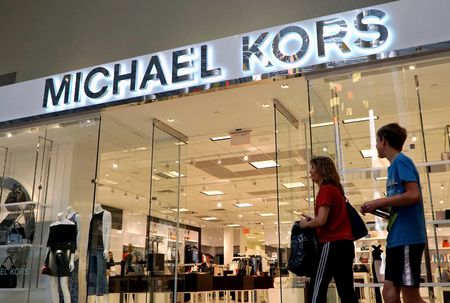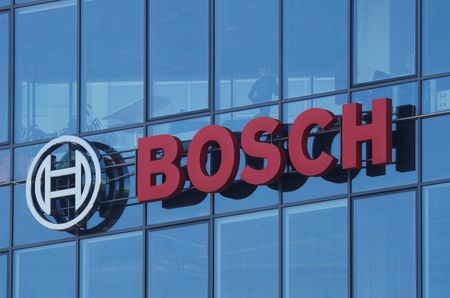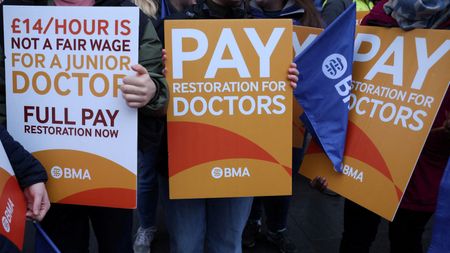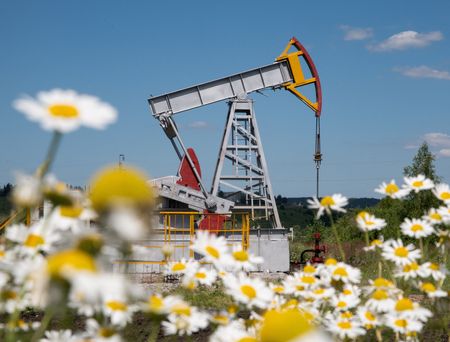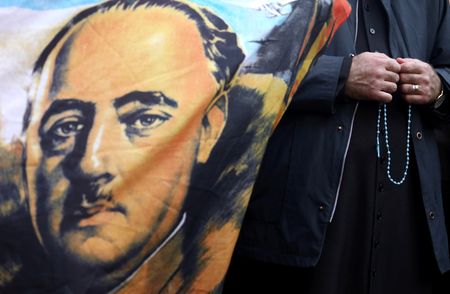By Anuja Bharat Mistry
(Reuters) -Capri Holdings forecast revenue for this financial year and 2026 below Wall Street estimates on Wednesday, as the Michael Kors owner looks to rebuild its business amid slowing luxury demand, especially in Asia and the Americas.
Shares fell about 14% in early trading as the company also missed third-quarter profit estimates by a wide margin.
The $400 billion global luxury goods sector has seen its slowest sales in years as a lingering property crisis and rising youth unemployment force Chinese consumers to cut their discretionary spending. In January, LVMH disappointed investors who were expecting stronger signs of recovery.
Meanwhile, Capri is looking for a reset after its $8.5 billion deal with Coach-owner Tapestry to create a U.S. luxury conglomerate collapsed following opposition from the Federal Trade Commission.
“After being distracted waiting to be acquired by Tapestry, they likely let the business lapse and now need to rebuild,” BMO Capital Markets’ Simeon Siegel said.
In its first annual forecast since pausing it during the deal talks with Tapestry, Capri projected fiscal 2026 net revenue of $4.1 billion. Analysts were expecting $4.52 billion, according to data compiled by LSEG. It also expected sales for the current year to come in below estimates at $4.4 billion.
The company has been struggling to grow demand for its brands, especially Michael Kors, which has seen sales declines for several quarters due to a lack of newness in its merchandise.
Company executives have also not ruled out the possibility of a potential sale of its brands. Last month, Reuters reported that Italy’s Prada is among the potential suitors looking at Versace.
Capri’s net sales fell 11.6% to $1.26 billion. Sales across all three of its brands declined in the third quarter.
With Versace and Jimmy Choo, we lost a bit of the aspirational consumer, CEO John Idol said on a post-earning call, adding that the company did not have the right kind of products for the picky consumer.
Its adjusted profit of 45 cents per share missed analysts’ estimates of 66 cents.
(Reporting by Anuja Bharat Mistry in Bengaluru; Editing by Sriraj Kalluvila)

